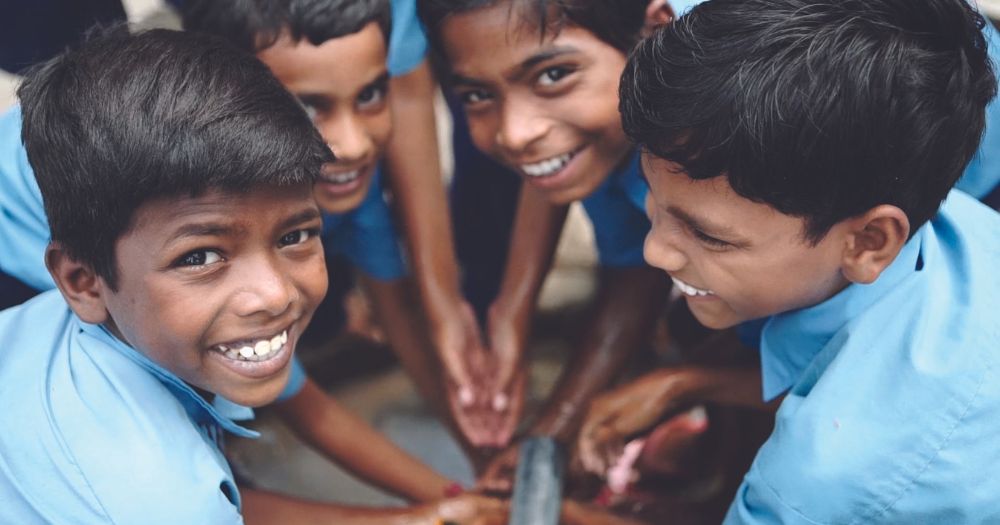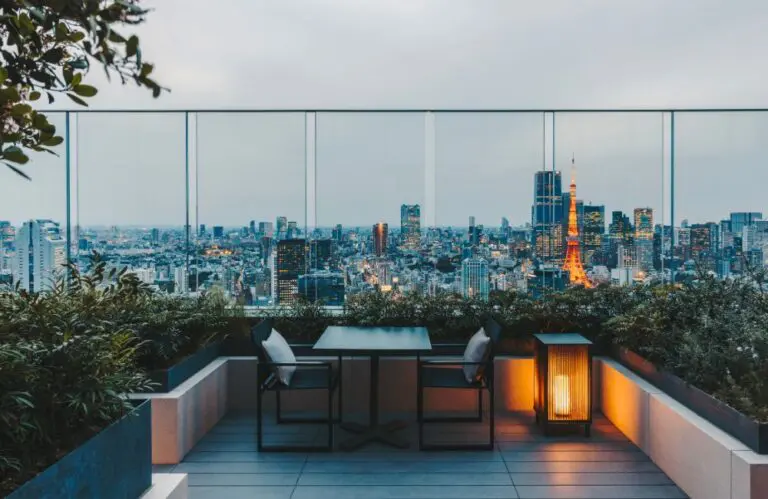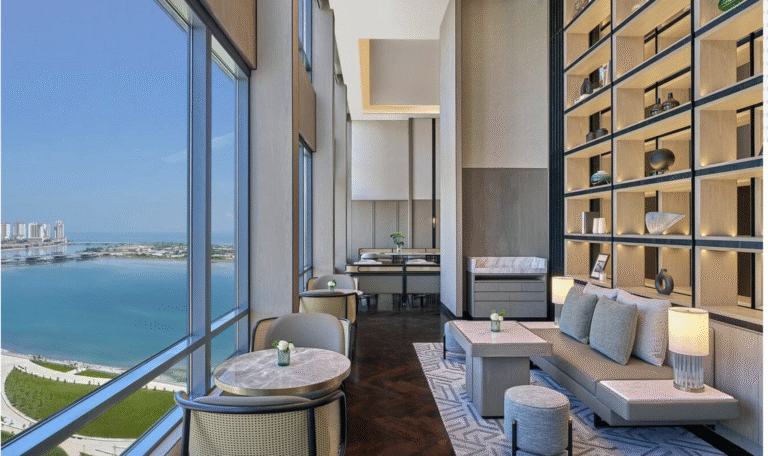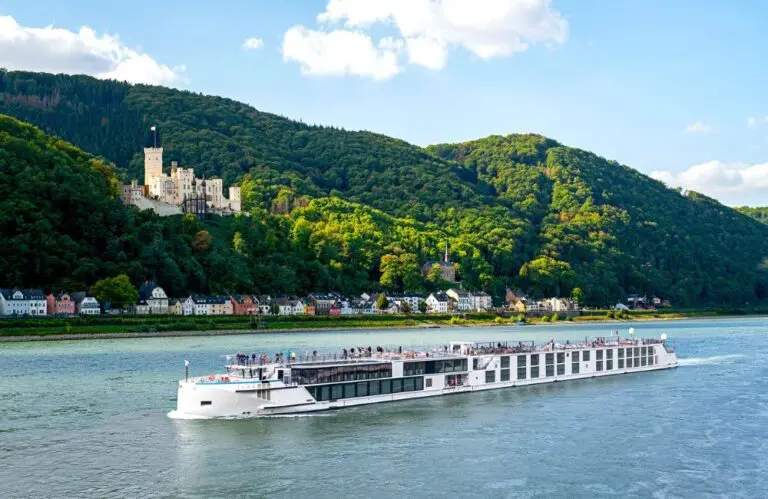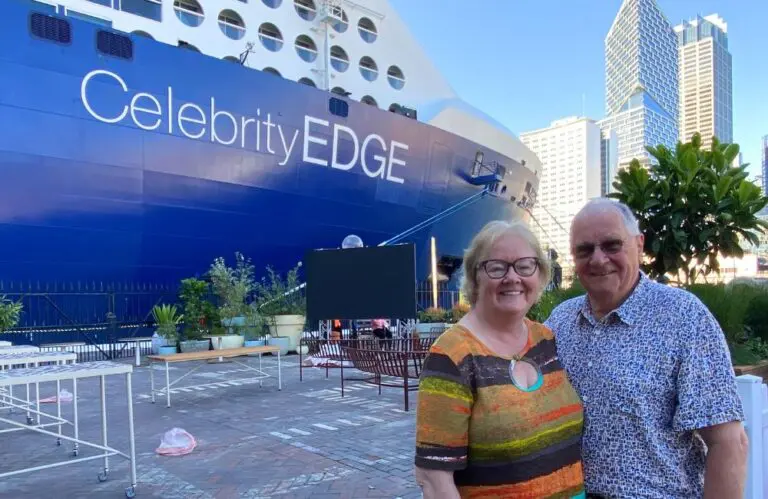An initiative to clean and reuse soap bars from Australian hotels is saving the lives of thousands of children around the world.
It was on a flight that Hunter Amenities, Managing Director Michael Matulick came up with the idea for Soap Aid.
During the trip, he was discussing with an epidemiologist how the accommodation industry discarded five million soap bars per year, and at the same time, 1.5 million children were dying per year from hygiene-related illnesses.
By the end of the flight, the idea for Soap Aid was born.
Its mission was to save children’s lives – and help the environment – by collecting soap bars from hotels (many only used once with logos still visible), and recycling them into new soap for distribution to vulnerable communities.
Thirteen years later there are now 270 hotels involved, many of them luxury properties, including Saffire Freycinet Tasmania, Sofitel Sydney Darling Harbour, Sequoia Lodge, Lady Elliot Island Eco Resort, Four Seasons Sydney, Hyatt Hotels, InterContinental Sorrento, and Crown Resorts.
Matulick says Soap Aid has distributed more than three million recycled soap bars to vulnerable communities in Australia, Asia, the Pacific, Africa, and New Zealand.
In Vanuatu, soap is given to the Ministry of Health for distribution to schools to support hygiene education, while in Cambodia, it has provided a way for rural women to earn an income as hygiene ambassadors to prevent childhood deaths and diseases caused by lack of access to soap, hygiene education and handwashing.
Here in Australia, Soap Aid has supplied soap to the Trachoma Control Program, an initiative of the Western Australia Country Health Service that aims to improve the health of indigenous communities and reduce incidences of the painful condition called trachomatous trichiasis — which eventually causes blindness.
“Consequently, more than 500,000 children and adults have been supplied with soap for 12 months, and more than 110,000 children’s lives saved.” Matulick says.
“The impact on the environment is enormous, as 300 tonnes of soap have been diverted from landfill, saving more than 435 tonnes of CO2e from entering the earth’s atmosphere.”
But, he says, we have a long way to go.
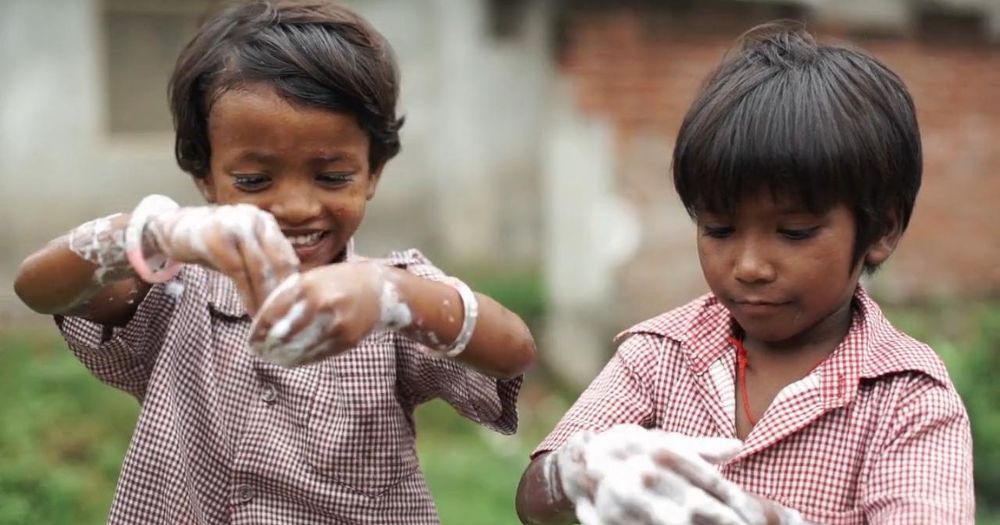
The call to hotels to ditch liquid soaps
“Despite our extraordinary achievements with soap recycling, numerous luxury hotels are missing out on this impactful opportunity by opting for liquid soap in dispensers,” says Matulick.
“In comparison to liquid soap, hard soap bars are 100 per cent recyclable… by choosing hard soap bars against liquid soap, accommodation providers can make a significant reduction to their plastic waste.
“Liquid soaps are usually packaged in plastic containers with plastic pumps, even if they are refillable. Hard soap bars are by far the most sustainable option for accommodation rooms.”
He says it is also a way for hotels to demonstrate corporate social responsibility (CSR), empower their employees by contributing to a meaningful humanitarian cause, and highlight to their guests the significance of their involvement in this important initiative.
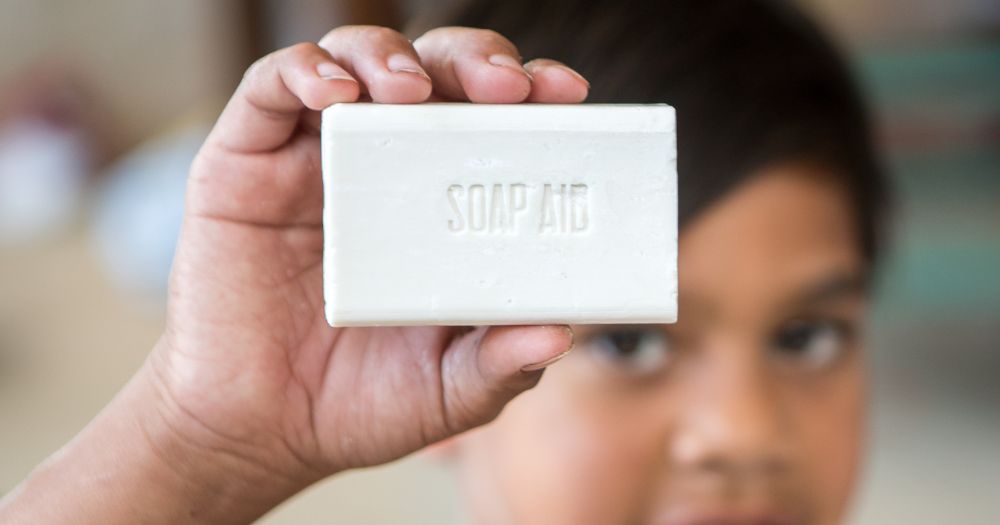
Looking to the future with Soap Aid
Matulick says moving forward, he hopes to see more luxury properties joining the Soap Aid cause and recognise the significance and impact of using hard soap bars instead of liquid soap.
“Opting for hard soap isn’t just a practical choice; it’s a vital step towards achieving our collective sustainability objectives.
“Through active participation in our soap recycling program, accommodation providers can directly contribute to environmental preservation while making a tangible impact on the lives of vulnerable communities.”
And ultimately, it’s about saving lives.
“Our primary focus remains on preventing child mortality and reducing diseases linked to poor hygiene. In pursuit of this ambitious objective, we have set a bold target to recycle all hard soap used by accommodation providers in Australia, with plans to potentially establish multiple recycling plants in the future.”
Hotels can join by registering at soapaid.org/get-involved.



